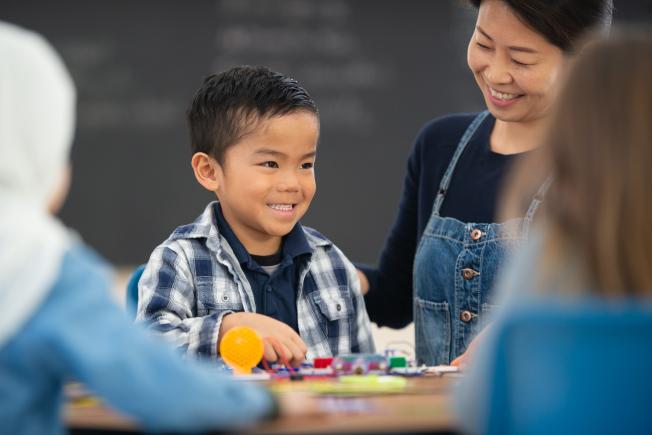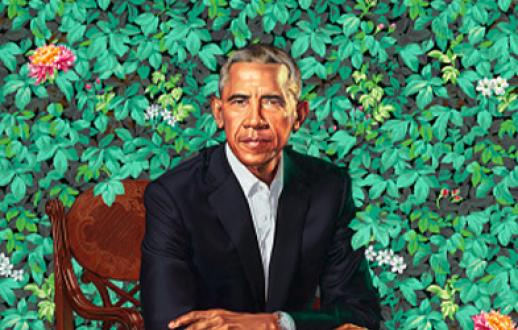K-12 Educational Resources
Educator Tools for Teaching about Race

Greetings Educator!
Are you a K-12 educator searching for ways to ignite or widen content about race and racism with your students? Our Shared Future: Reckoning with Our Racial Past is dedicated to supporting your critical conversations about the history and legacy of systemic racism. Join us as we work together to build a more equitable shared future, and strive to enhance racial inclusion in our education systems.
Featured Education Resources
Our Shared Future: Reckoning with Our Racial Past welcomes K-12 educators of all disciplines to explore our collection of featured teaching tools, scholarly resources, and interactive materials from across the Smithsonian.
We encourage you to visit our learning lab profile to explore our complete collection of education resources.
Explore our Learning Lab
Believe in yourself, learn, and never stop wanting to build a better world
For Educators, by Educators
Continue to elevate your skills and knowledge while building an equitable shared future. Dive into our collection of professional development resources, directly from the Smithsonian Institution and Our Shared Future: Reckoning with Our Racial Past partner organizations. These resources are designed for and by educators to create opportunities for students through immersive learning experiences.
Visit our Learning Lab profile to explore our complete collection of professional development resources.
Learning Lab profile










